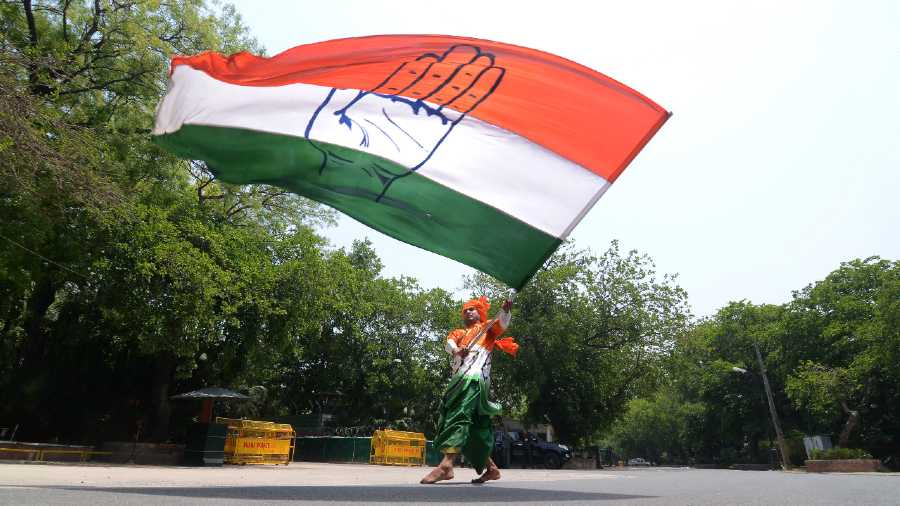The government has been sitting for over a month on a Supreme Court judgment that allows members of the Employees Provident Fund Organisation (EPFO) to contribute more than they now can to the Employees’ Pension Scheme (EPS) so that they later receive a higher pension.
CPM member Elamaram Kareem and DMK member M. Shanmugam raised the matter in the Rajya Sabha on Thursday.
The government said it was studying the judgment. An employee now contributes 12 per cent of their salary to the EPFO and their private employer contributes an equal amount.
The entire sum can go to the Provident Fund, from which a lump sum is paid to the employee when they reach the age of 58.
Or, out of the employer’s contribution, a sum equal to 8.33 per cent of the employee’s salary can go to the EPS fund — subject to a ceiling of Rs 15,000 a year — and the rest to the PF.
At age 58, the employee starts receiving a monthly pension from the EPS, up to a ceiling of Rs 7,500, apart from the lump sum from the Provident Fund.
In 2014, the central government issued a notification allowing an EPFO member and their employer to jointly avail the option of contributing 8.33 per cent of the actual salary to the EPS without any ceiling, thus enabling the member to receive a higher pension.
A six-month deadline — later extended by another six months — was set for employer and employee to opt for this provision.
However, most workers missed the opportunity for lack of awareness. Groups of employees petitioned several high courts challenging the deadline, and received favourable verdicts that the Centre appealed in the Supreme Court.
On November 4, the apex court ruled that employees who had not exercised the option would get a further four months from the date of the order to do so, with their employer’s consent.
They could do so even with retrospective effect from 2014 provided they were ready to cough up the stipulated EPS contribution for the intervening years.
Those who had retired between September 2014 and the date of the judgment would have to remit the stipulated dues into the EPS fund to avail the higher pension.
Those who had retired before September 1, 2014, could not avail the benefit. Shanmugam asked whether the government had formulated a policy to implement the judgment.
“The directions of the Hon’ble Supreme Court in the judgment are under examination,” said Rameswar Teli, junior labour minister, in a written reply. Kareem asked the government to issue an order to implement the judgment.
“Sir, after the Supreme Court verdict, neither the Union government nor the EPFO has given a clear order on this. Because of that, the Supreme Court verdict has not yet been implemented,” Kareem said.
Under the EPS, the government has fixed a minimum monthly pension of Rs 1,000 and makes up the balance if a low-paid employee’s pension comes to less than this.
In addition, the labour and employment ministry contributes an amount equivalent to 1.16 per cent of a member’s salary to the EPFO if the salary is less than Rs 15,000 a month.
Kareem said many pensioners were being paid below the minimum Rs 1,000. He demanded that the minimum pension be raised to Rs 9,000 a month.
A parliamentary standing committee on labour, headed by Bhartruhari Mahtab, had in March 2020 recommended raising the minimum pension to at least Rs 3,000 a month.











